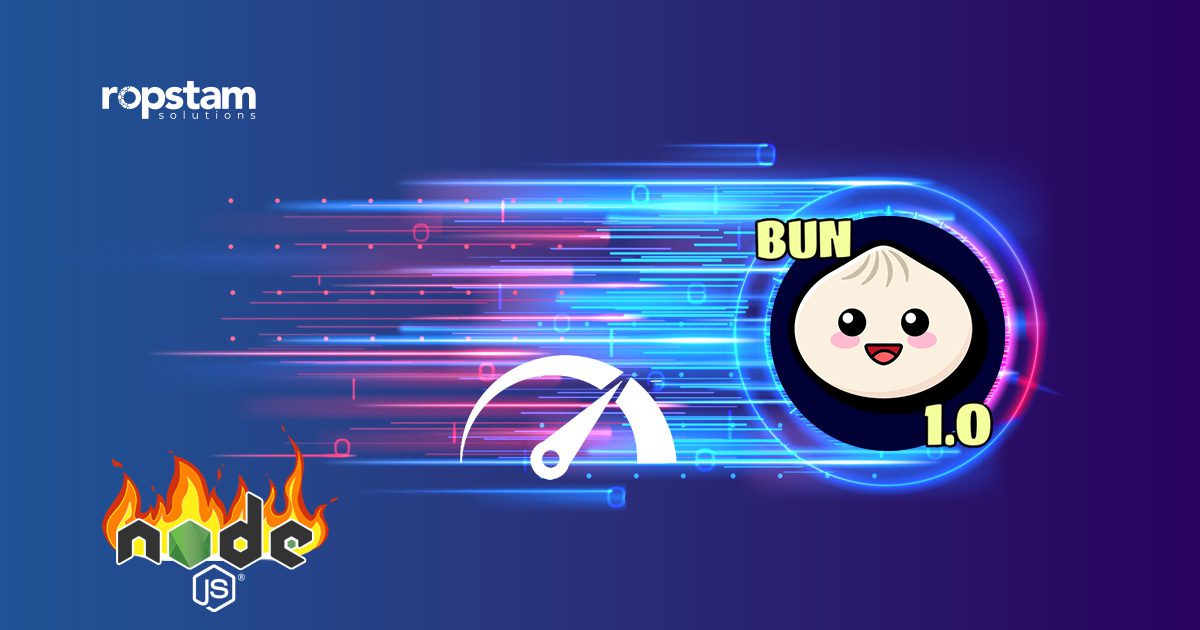The JavaScript toolkit Bun has recently announced its 1.0 release. Bun aims to provide a faster alternative to Node.js for running, building, testing, and debugging JavaScript and TypeScript.Created by Jarred Sumner, CEO of Oven, Bun is written in Zig and designed to eliminate the slowness and complexity that has accumulated in JavaScript tooling over time. It includes a runtime, package manager, test runner, bundler, and package runner.
Bun provides built-in support for many Node.js APIs and features like fs, path, net, __dirname, process, and the Node.js module resolution system. This allows many existing Node.js packages and frameworks like Express, Koa, and Hono to work without changes. The Bun 1.0 release is garnering attention for its speed improvements over Node.js in package installation, build times, and runtime performance. However, some developers have questioned whether the “drop-in replacement” claim is premature.
Matteo Collina, a Node.js contributor, says his experience shows Bun differs in many implementation details and is not fully compatible. He would have preferred waiting on a 1.0 release until compatibility was complete.

Others like Christian Kjær of Famly, report requiring little to no code changes when porting services to Bun. Sumner says Bun was tested against test suites of popular npm packages. While basic Node.js APIs are supported, some modules like Fastify and Pino are not yet compatible.
The potential for faster speeds than Node.js is attracting interest from serverless developers. Initial benchmarks on AWS Lambda show Bun has slower cold starts but 50% faster response times compared to Node.js in API Gateway.
Mitchell Kossoris of AWS says Bun “has a real chance of overtaking Node.js” and that Lambda is considering adding native support. Bun is open source under the MIT license and the creators aim to achieve full compatibility with the Node.js API as development continues.
In short, the 1.0 release and speed gains bring new attention to Bun as a potential alternative to Node.js for JavaScript server-side development. However, questions remain about its current level of compatibility and production-readiness. Further real-world testing will reveal if Bun delivers on its goal of faster performance without sacrificing the Node.js ecosystem.













